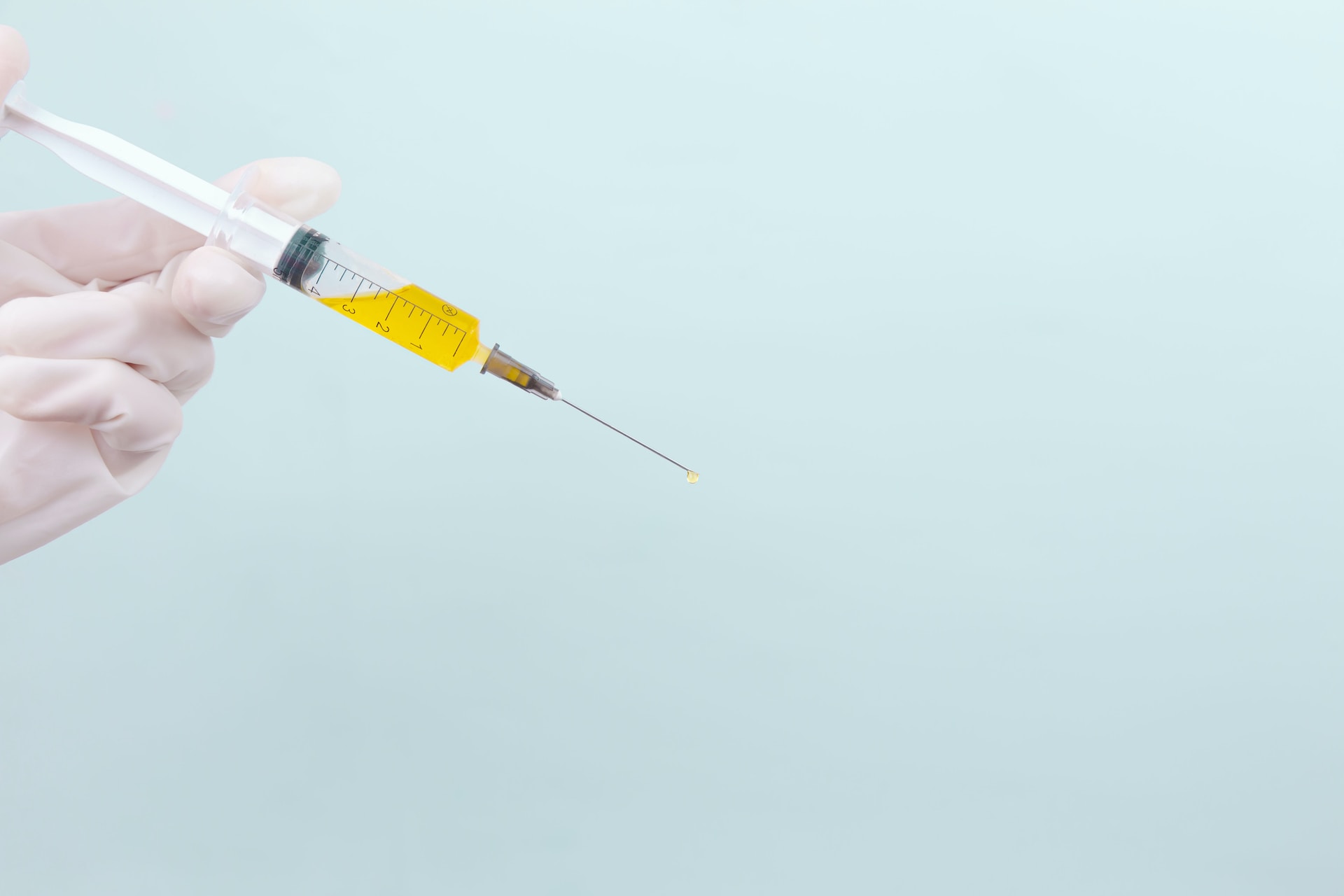Summary: Ongoing shortages of popular obesity-fighting drugs from Novo Nordisk represent the surging popularity of medication-based intervention as treatment. Though obesity itself remains a rampant and worsening medical condition in the US and beyond, emerging reports indicate that industries relying on the growth of bariatric surgeries may be witnessing a slowdown in the wake of drugmakers’ ongoing breakthrough into the fat-loss market.
Eli Lilly is Novo’s primary competitor in this growing segment of the pharmaceutical industry, which could expand to an annual value of $100 billion and $200 billion within the next decade. Lilly is currently working to repurpose a diabetes medication as a weight loss therapy by the end of the year, following the roadmap that Novo laid out before it. The firm also plans to acquire biotech startup Versanis for more than $1.9 billion in an effort to bolster its incretin agents that have already managed to cut the body weight of obese individuals by up to 24%.
Related ETF & Stocks: VanEck Pharmaceutical ETF (PPH), Novo Nordisk A/S (NVO), Eli Lilly and Company (LLY)
Per the American Medical Association (AMA), about 42% of Americans now suffer from obesity, up from one-third a decade ago – a stunning pace of increase. The AMA chalks up nearly half of the total cost of American chronic disease to obesity. On a global scale, the World Obesity Atlas (WOA), estimates that more than half of the global population, equivalent to 4 billion people, will be considered obese by 2035. In addition to exercise and changes in diet, one of the most popular treatments for chronic obesity has been bariatric surgery, intervention meant to limit how much a patient can eat or reduce the body’s ability to absorb nutrients. However, companies like Intuitive Surgical, which uses robots to automate several surgical procedures, recently cited a drop-off in growth from US bariatric surgeries.
Though surgery is associated with fewer side effects, and remains a cheaper option than medicating with the leading weight loss drugs on the market today, softening demand for bariatric procedures could become more widespread and continuous if medications for obesity continue to grow in popularity. According to Barclays, Pharma’s opportunity in weight loss drugs could be worth as much as $100 billion to $200 billion within the next decade. Currently, Denmark’s Novo Nordisk is leading the pack in the deployment of obesity-fighting drugs, but the US’s Eli Lilly may not be far behind.
For its part, Novo Nordisk has capitalized on their employment of semaglutide, a medication that mimics the body’s GLP-1 hormone, released in the gastrointestinal tract in response to eating. Semaglutide, originally marketed as a type-2 diabetes treatment known as Ozempic, is injected into the body and interacts with the parts of the brain that reduce appetite and signal a feeling of fullness. In 2021, it was…
To read the complete Intelligence Briefing, current All-Access clients, SIGN IN All-Access clients receive the full-spectrum of MRP’s research, including daily investment insights and unlimited use of our online research archive. For a free trial of MRP’s All-Access membership, or to save 50% on your first year by signing up now, CLICK HERE










